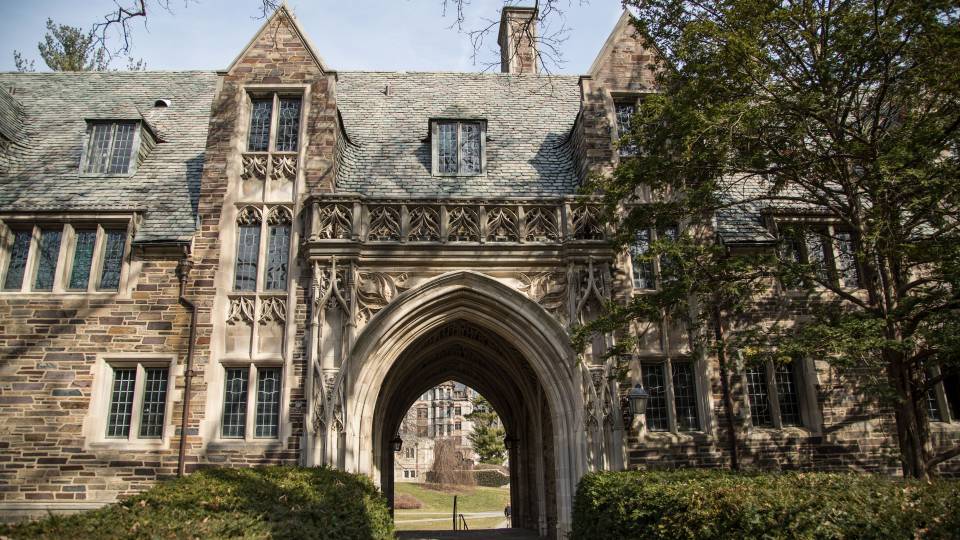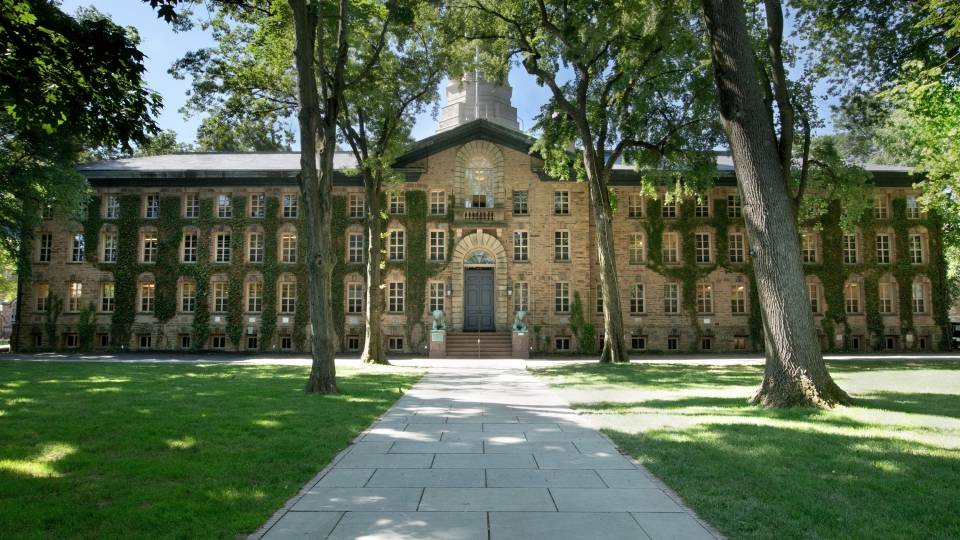President Christopher L. Eisgruber and Dean of the Faculty Sanjeev Kulkarni have asked the Faculty Advisory Committee on Policy (FACP) to act upon a report from a faculty-student committee that recommends reforms to rules governing sexual misconduct by faculty members.
In a memo to faculty members Monday, Sept. 24, Eisgruber and Kulkarni also clarified the presumptive minimum penalty for all cases in which faculty members are found responsible for sexual harassment.
Last spring, the Faculty-Student Committee on Sexual Misconduct (FSCSM) recommended that the University strengthen its policies that prohibit sexual misconduct and its procedures for investigating and adjudicating complaints against faculty members.
“Our policies are now, in our view, as strong as what exists at most other universities, and reasonably good overall — but they can and should be even better,” Eisgruber and Kulkarni said in the letter. “We join the Faculty-Student Committee on Sexual Misconduct in believing that we must go beyond the progress this University has made already. We are for that reason asking the Faculty Advisory Committee on Policy to generate a proposal for further improvements and to bring it to the full faculty and to the University trustees.”
Eisgruber and Kulkarni said they will “encourage the committee to have broad and wide-ranging discussions, and to take the time required to ensure that we have policies that are effective and fair to all parties involved.”
In the letter, they also clarified the penalties that will apply when a faculty member is found to have committed sexual harassment. They cited the Rules and Procedures of the Faculty, which direct the imposition of penalties “commensurate with the nature of the offense.”
“Sexual harassment by definition involves conduct sufficiently pervasive or severe that it unreasonably interferes with a student’s educational experience or a colleague’s working conditions,” they said. “We believe that in order to be ‘commensurate with the nature of the offense,’ the presumptive minimum penalty in any case of sexual harassment must be a one-year unpaid suspension from the faculty.”
The presumptive minimum penalty is effective immediately, and all suspensions will be accompanied by mandatory counseling, probation and “other appropriate measures to ensure that violations do not recur and that our learning environment is safe and equitable for students, faculty, and staff. More egregious harassment cases will, of course, warrant more severe punishments, including dismissal.
“This University can and should be a leader in creating an environment where all students, staff, and faculty can achieve their full potential,” Eisgruber and Kulkarni said. “We look forward to working with the FACP, the faculty, the trustees, and the Princeton community to make changes that will improve our rules, procedures, and practices, and that ensure that we create a safe, respectful and equitable learning environment for everyone on this campus.”





